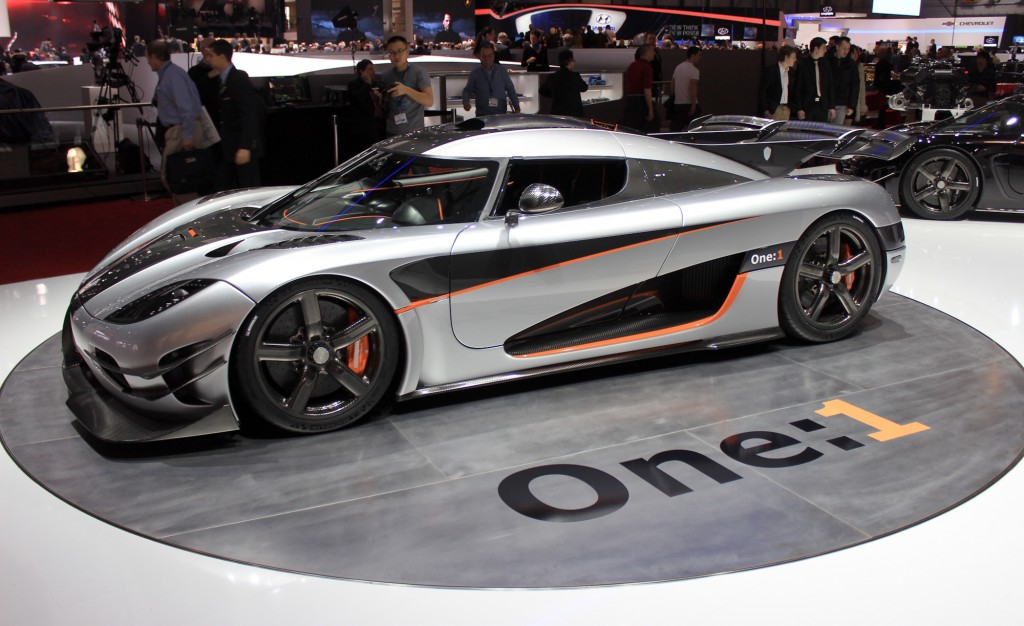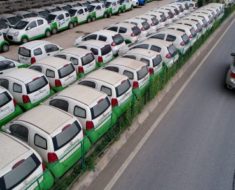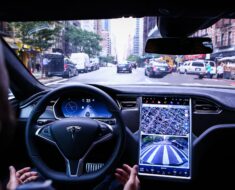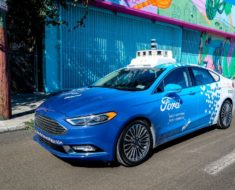The concept of self-driving cars was once regarded as nothing more than science fiction. After all, how can cars make the same quick-thinking decisions as human drivers to avoid collision? While the technology is still being refined, most analysts agree that seeing self-driving cars on U.S. roads is inevitable.
And one company that’s making great strides towards towards this goal is Google. According to a report published by IEEE Spectrum, the Mountain View company has already spent over $1.1 billion on its autonomous car project.
Originally launched in 2009 as a moonshot program, the Waymo project seeks to develop self-driving cars that are safe for the public to use. Like other secretive moonshot programs, however, Google has been tight-lipped regarding Waymo’s details. Reports suggest that Waymo completed the first autonomous ride on U.S. roads in 2015, but details about the project haven’t been fully disclosed.
Due to litigation between Uber and Google, however, the public now has a general idea of the price tag behind Google’s otherwise secretive project. Google is accusing Uber of stealing its trade secrets for its own company’s gain, for which Google has taken the popular ridesharing service to court. During a deposition of Waymo financial analyst Shawn Bananzadeh, it was revealed that Google has spent over $1.1 billion on the self-driving car project.
Bananzadeh explained that the $1.1 billion figure represents the total cost of Waymo thus far, including the cost of software development, hardware development and testing. So, why is this important? Well, Waymo has yet to officially launch its self-driving cars to the public; therefore, Google believes the value of damages associated with the alleged theft of trade secrets should be attributed to the project’s cost of development.
Of course, Uber is also working to develop self-driving technology. In August 2016, the ridesharing service invested $680 million to acquire the self-driving truck company Otto. This acquisition is actually the basis on which Google is suing Uber. Regardless of how this case turns out, it will likely place an even greater emphasis on self-driving cars, taking the technology one step closer to becoming a reality.
Dil Bole Oberoi





